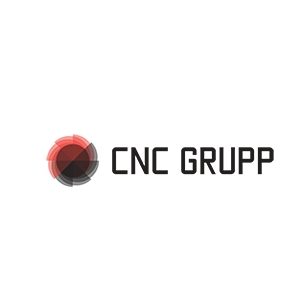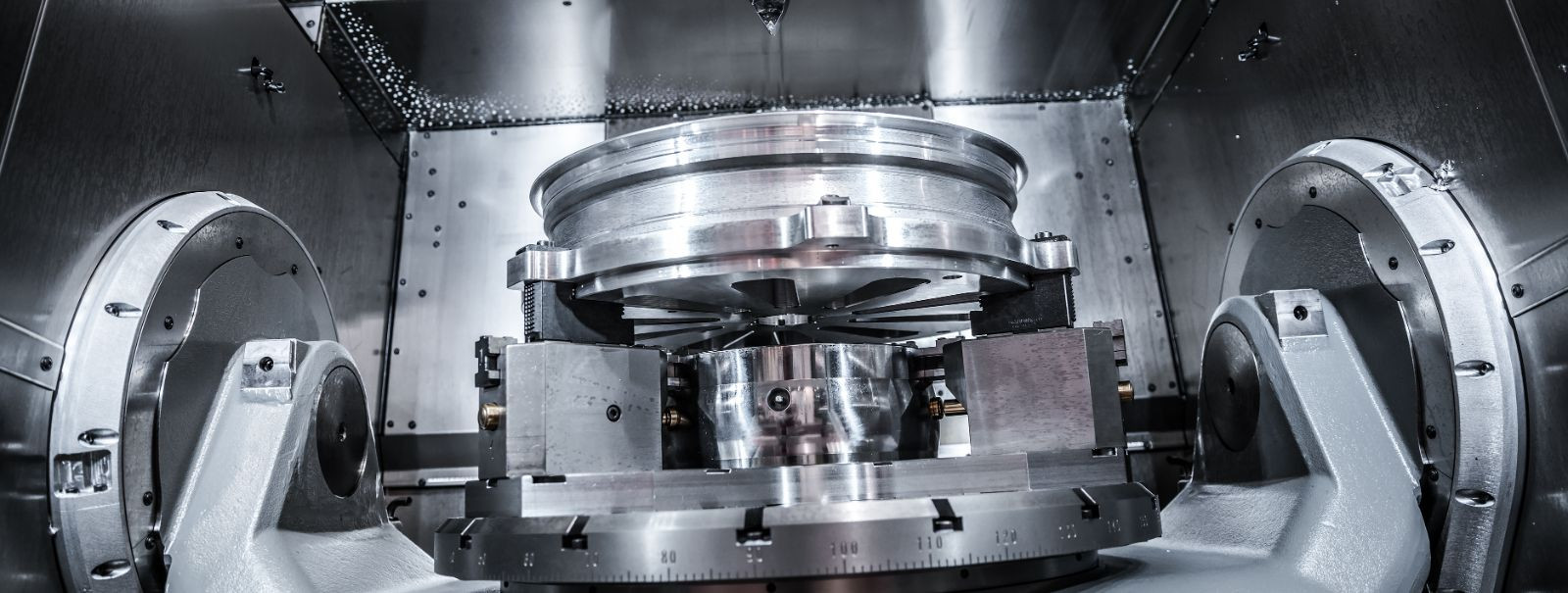The ultimate guide to efficient project management in manufacturing
The manufacturing sector is a complex and dynamic environment where precision, reliability, and efficiency are not just desired but required. In this landscape, project management becomes the backbone of successful operations, ensuring that products are delivered on time, within budget, and to the highest quality standards.
Effective project management in manufacturing is critical for aligning resources with the company's strategic objectives, optimizing production processes, and maintaining competitive advantage. It is the key to managing and executing projects in a way that maximizes efficiency and minimizes waste.
Key Principles of Efficient Project Management
Every successful project begins with a clear understanding of its objectives and scope. This involves setting realistic goals, identifying deliverables, and understanding the project's impact on the business.
Efficient use of resources is essential in manufacturing. This means not only the proper allocation of materials and equipment but also the right mix of skills and manpower to execute the project effectively.
Communication is the lifeline of project management. Establishing clear channels of communication among all stakeholders, including team members, suppliers, and clients, is vital for the smooth execution of projects.
Identifying potential risks and developing contingency plans is a crucial aspect of project management. This proactive approach helps in minimizing disruptions and keeping the project on track.
Project Management Methodologies
Lean manufacturing and Six Sigma are methodologies that focus on reducing waste and improving quality. They are widely adopted in the manufacturing industry to enhance process efficiency and product quality.
Agile project management allows for flexibility and adaptability in a fast-paced manufacturing environment. It emphasizes iterative progress, collaboration, and customer feedback.
Combining traditional and Agile methodologies, the hybrid approach tailors project management practices to fit the unique needs of manufacturing projects.
Technology in Project Management
Software tools are indispensable in modern project management. They provide platforms for planning, tracking, and collaboration, ensuring that all project activities are aligned and transparent.
Automation and artificial intelligence (AI) are transforming project management by streamlining processes and providing predictive insights for better decision-making.
The Internet of Things (IoT) enables real-time monitoring of manufacturing processes, offering immediate data for optimizing project execution.
Human Resources and Team Dynamics
Assembling the right team is crucial for project success. High-performance teams are characterized by their skills diversity, commitment, and collaborative spirit.
Continuous training and development ensure that team members are up-to-date with the latest industry practices and technologies.
Encouraging cross-functional collaboration breaks down silos and leverages the collective expertise of different departments.
Quality Control and Continuous Improvement
Quality management systems like ISO standards provide a framework for consistent quality and continuous improvement in manufacturing processes.
Adopting continuous improvement practices such as Kaizen can lead to significant enhancements in efficiency and productivity.
Key performance indicators (KPIs) and metrics are essential for measuring project performance and guiding strategic decisions.
Supply Chain Management and Vendor Relations
Strategic sourcing and effective procurement practices are fundamental for securing high-quality materials and services at the best value.
Developing strong relationships with vendors and partners can lead to better terms, improved quality, and more reliable supply chains.
Efficient logistics and distribution systems are the final piece of the project management puzzle, ensuring that products reach their destination on time and in perfect condition.






Comments (0)